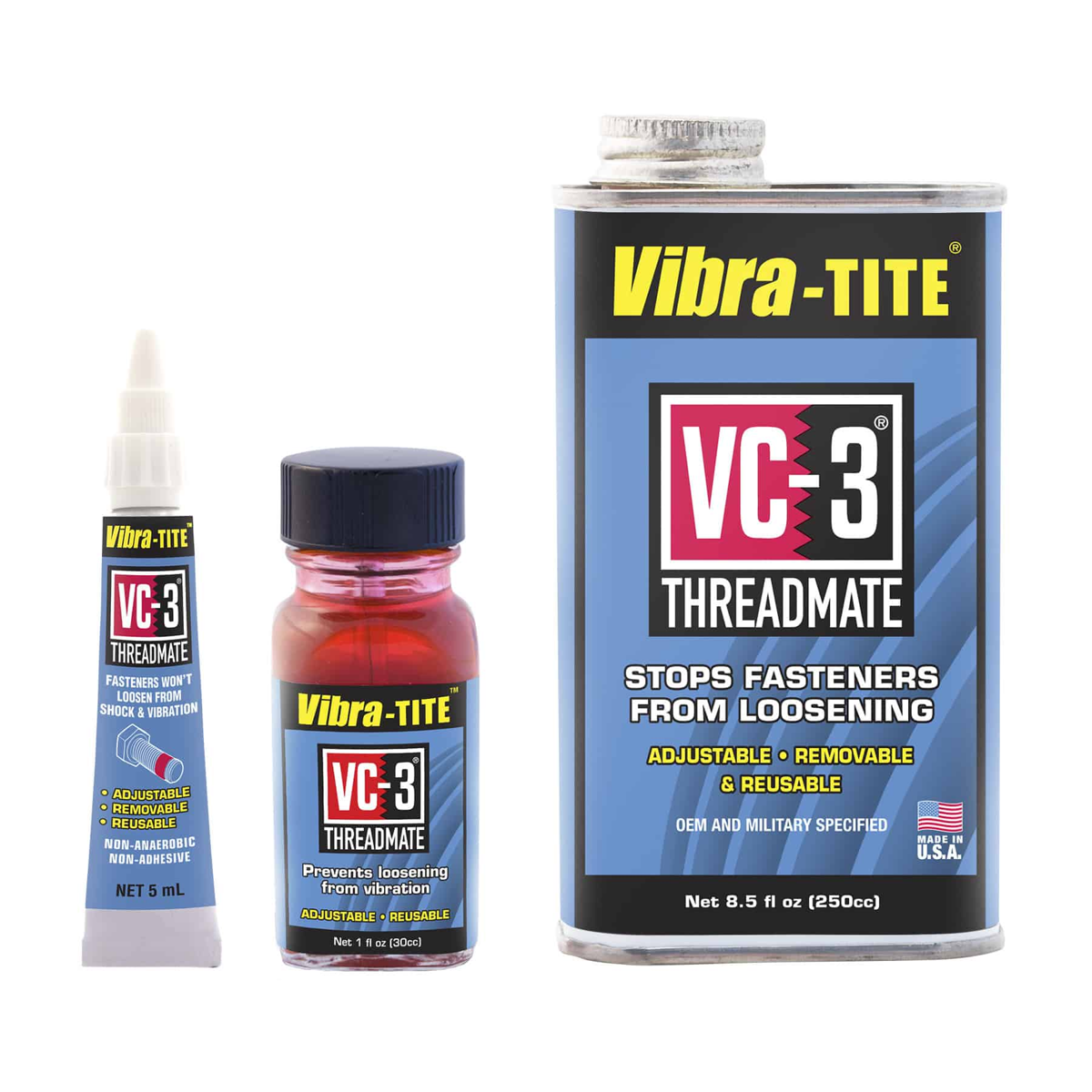I put a tiny dab of blue loctite on my Martin Nitro draw mod screws years ago and luckily my draw is dead on because they are stuck now. The problem is the Allen screw takes such a small Allen key that the wrench flexes so much I’m afraid of stripping it. I’m re doing another Martin with the same cams and was told to smear string wax on the screws to keep them from backing out. I’m just wondering what others do? Blue loctite is service grade but again such a small Allen is needed. I’ve searched this up and seen someone mention on another thread to use purple loctite?
if I decided to do this any ideas how to get the string wax cleaned out of the threads to prep the surface for loctite? Heat to melt it? Can’t see acetone being effective on wax
if I decided to do this any ideas how to get the string wax cleaned out of the threads to prep the surface for loctite? Heat to melt it? Can’t see acetone being effective on wax





